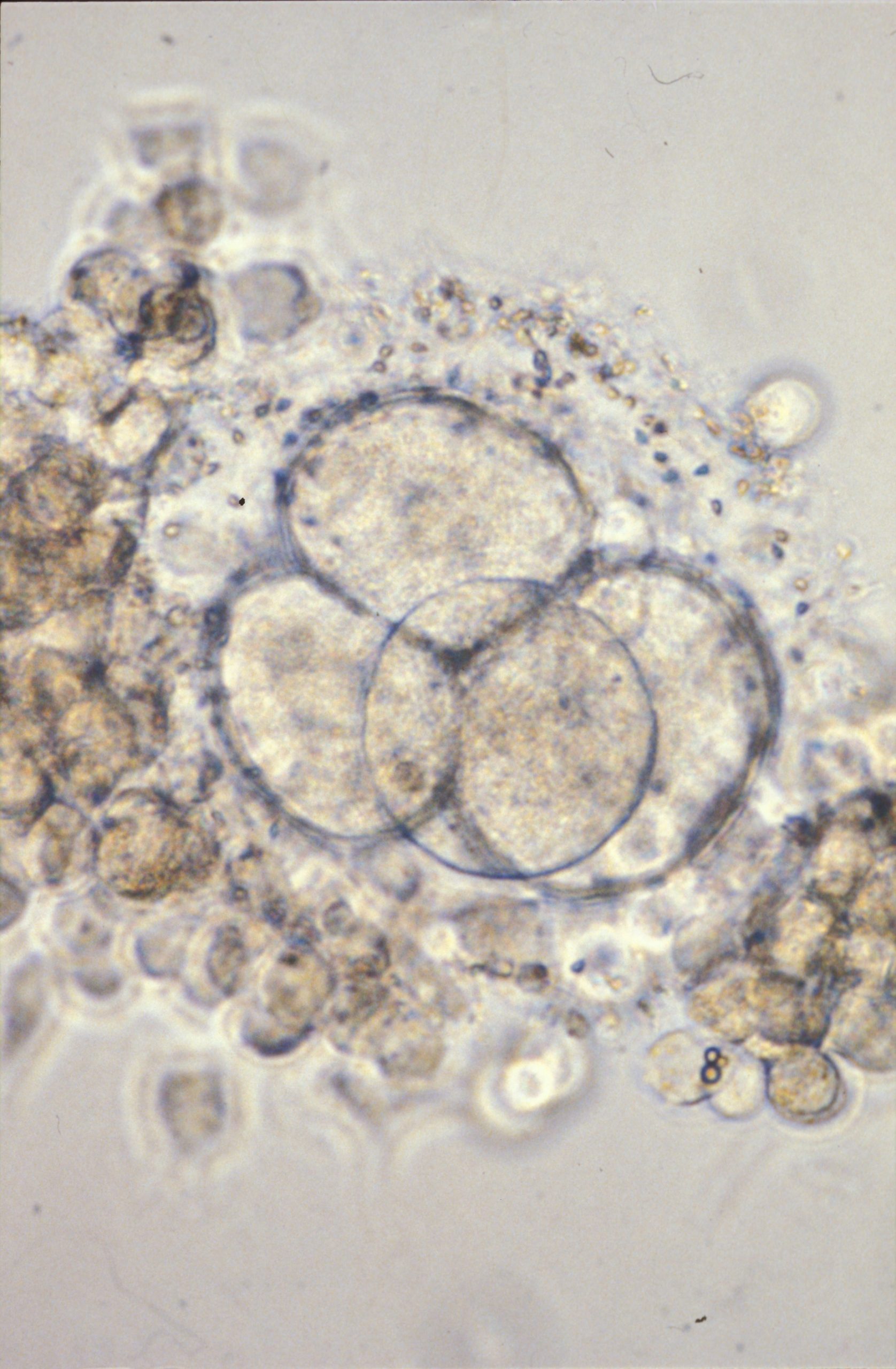Bioethics debates are often divided between utilitarian or “ethical” perspectives and a Kantian approach to ethics. There is, however, an alternative approach which attracts less attention, namely natural law. Professor John Keown from Georgetown University, has just published an introduction to natural law in bioethics[1]. He outlines the interest in and latest findings pertaining to these basic issues.
“Many laws and ethical codes are based on articulating certain basic moral principles of natural law, which should always be upheld, regardless of the consequences”. Contrary to other mostly utilitarian approaches to bioethics, the theory of natural law, which is a philosophy as opposed to a theology, offers a consistent set of principles. It essentially outlines the behaviour to be prohibited vis-à-vis patients: intentionally killing, lying and exploitation. These rules must be applied regardless of the benefitsto other people or society as a whole. John Keown takes the example of euthanasia: “The ban on the intentional killing of patients, which is enshrined in law in most countries and in the ethics of the World Medical Association, is based on the principle that it is always bad to intentionally kill someone, even at his/her own request”.
The “good life” is the point of departure from the theory of natural law. In fact, John Keown rejects the standard utilitarian response, which is geared towards pleasure or satisfying desires.Both these responses can be used to justify manifestly immoral acts. The good life, according to the theory of natural law, refers to the good things in life, health, friendship, knowledge, an appreciation of art and beauty, work, play and reasonable practices. These bases are not just instruments but purposes per se and, as such, deserve to be continued in their own right[2].
These basic approaches to a good life constitute ethical foundations based on natural law but must be supplemented by interim moral principles, which highlight our judgment on the ethical approach to be adopted: “Is it right for me to tell a patient that he/she is doing very well when I know that he/she is dying? Can I allow a patient to refuse to give his/her consent to harmless but potentially revolutionary research as far as he/she is concerned, whilst under an anaesthetic?”The key principles are those of “care” and “respect”, which, in bioethics terms equate to “benevolence” and “non-maleficence”.
What happens to the principles of natural law when applied practically to medicine? Given the wealth of history behind this theory, “the richness of this reflective treasure has already fashioned our laws and codes of ethics”in order to treat patients under ethical research conditions… This does not mean that natural law has provided concrete answers to all bioethical questions facing clinicians in the contemporary world but these are often previous questions presented in a different guise: “The question of the moral status of the human embryo in vitro may seem like an entirely new concept but theorists of natural law have already reflected on the moral status of human embryos in vivo for centuries”. The question of knowing whether or not to refuse to remove a feeding tube from a patient seems entirely new, making us invent new ethical principles, but the response of those who believe in natural law lies in the application of existing ethical criteria: does a feeding tube constitute medical treatment? Depending on the situation, is this treatment disproportionate either because it is pointless or because it is too expensive? It is not always easy to answer these questions and they do not always meet with universal consensus, even amongst theorists of natural law. However, despite any difficulties, contemporary bioethical questions can be resolved by the intelligent application of these well-established principles.
[1] Bioethics and the Human Goods, An Introduction to Natural Law Bioethics, Alfonso Gómez-Lobo with John Keown. The book is not available in French.
[2] Health and knowledge can be instrumentally precious but their value should not be reduced to that of simple instruments.
Bioedge (John Keown et Xavier Symons) 08/03/2016

